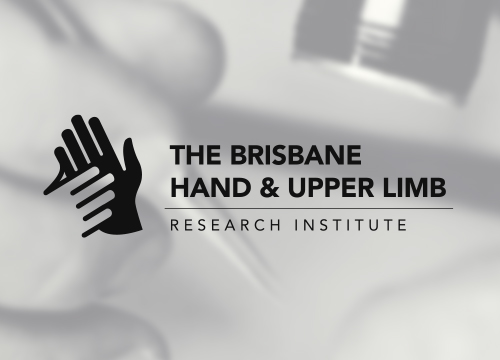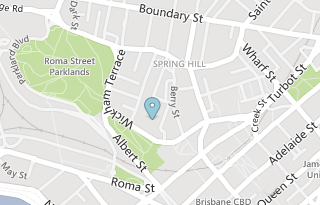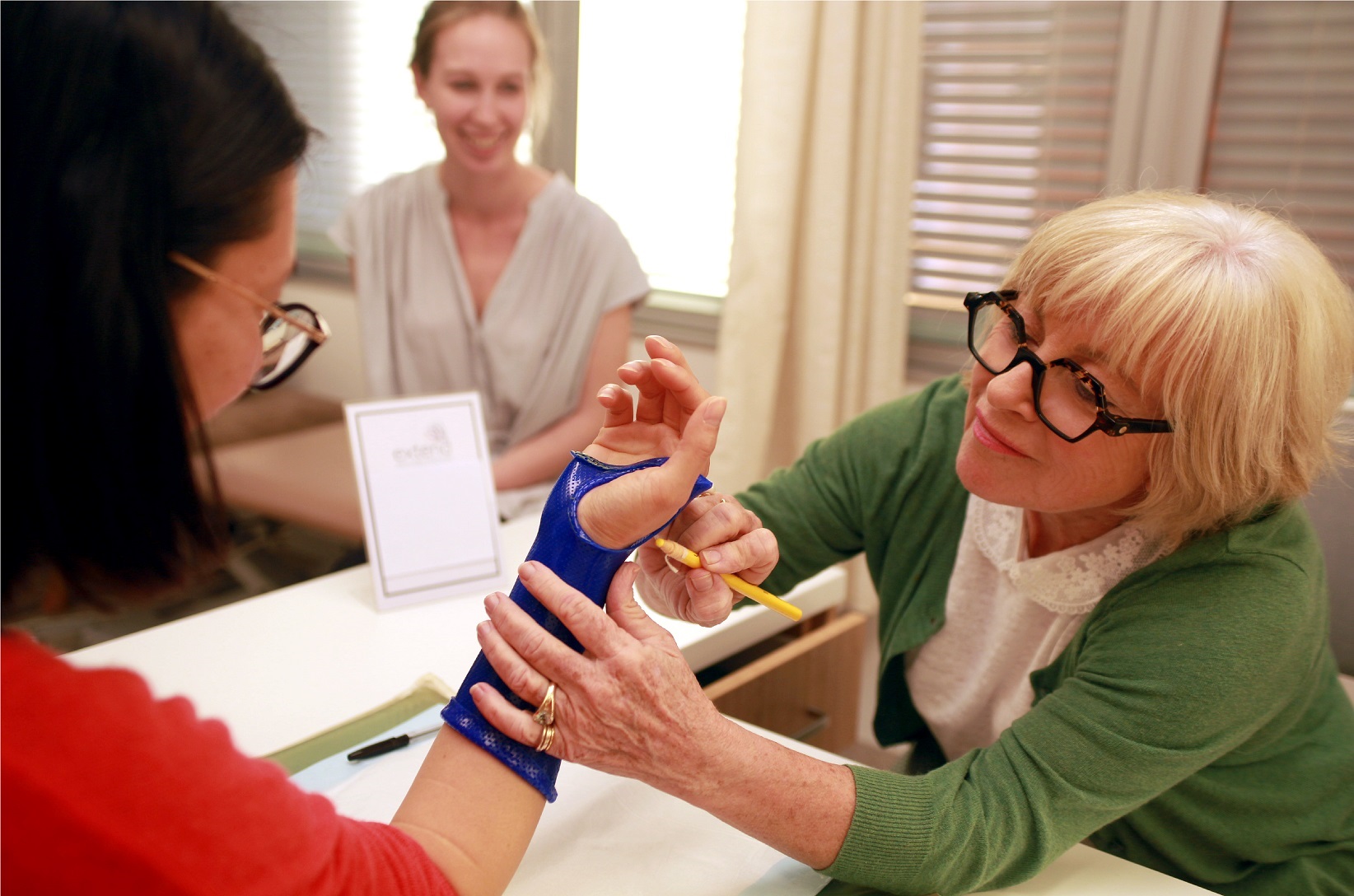Peters SE, Johnston V, Coppieters M, and Ross M.
Journal of Hand Surgery (European Volume) 2017; 42(2):127-136.
DOI: 10.1177/1753193416669263
This Delphi study aimed to reach consensus on important facilitators and barriers for return-to-work (RTW) following surgery for non-traumatic upper extremity (UE) conditions. In Round 1, experts (n=42) listed 134 factors, which were appraised in Round 2 and 3. Consensus (≥85% agreement) was achieved for 13 facilitators (high motivation to RTW; high self-efficacy for RTW and recovery; availability of modified/alternative duties; flexible RTW arrangements; positive coping skills; limited heavy work exertion; supportive RTW policies; supportive supervisor/management; no catastrophic thinking; no fear avoidance to RTW; no fear avoidance to pain/activity; return to meaningful work duties; high job satisfaction) and 6 barriers (mood disorder diagnosis; pain/symptoms at more than one musculoskeletal site; heavy UE exertions at work; lack of flexible RTW arrangements; lack of support from supervisor/management; high level of pain catastrophising). Future prognostic studies are required to validate these biopsychosocial factors and to further improve RTW outcomes.




